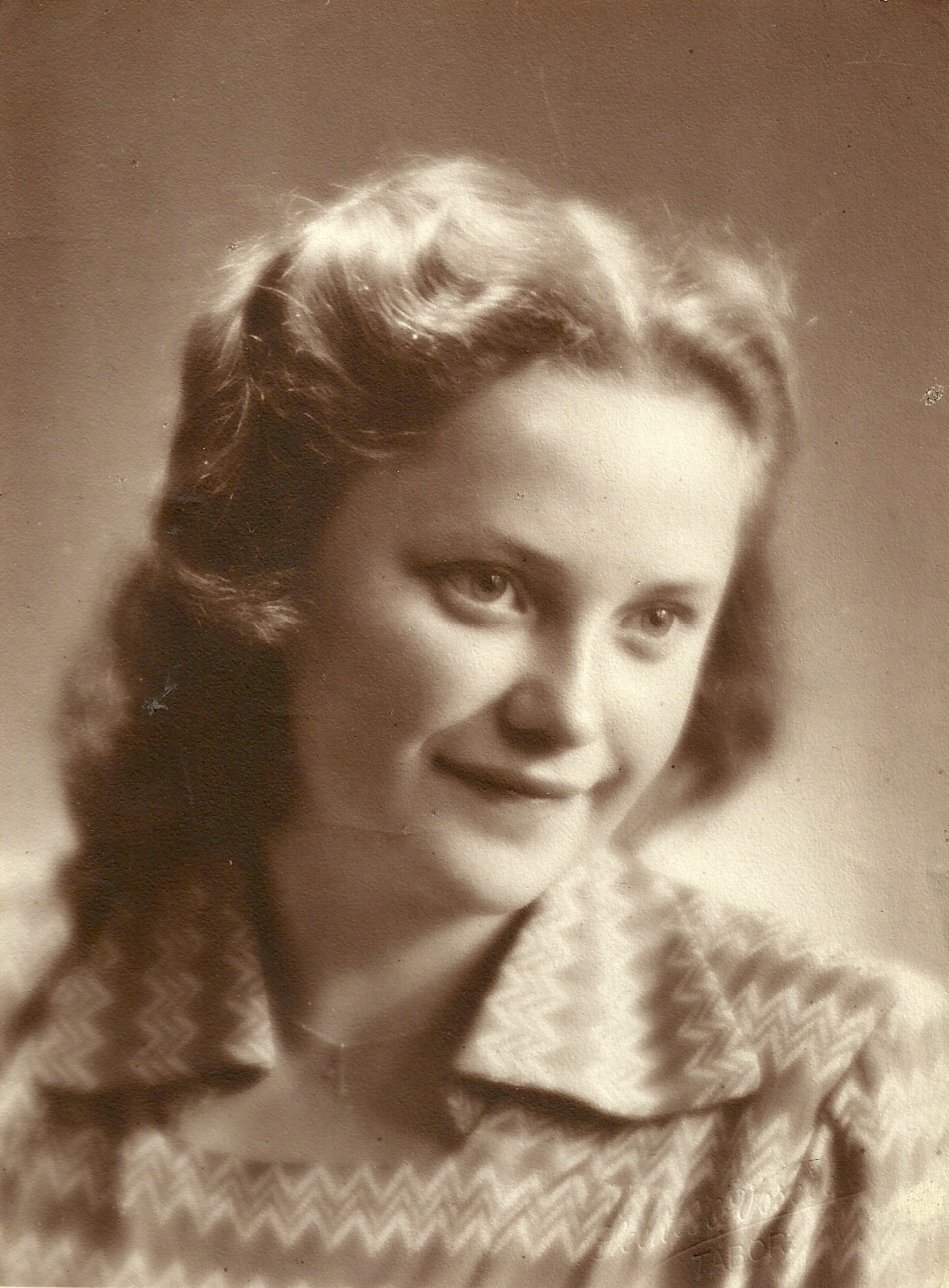If the war had not broken out, Šumava region would have been still flourishing even today

Stáhnout obrázek
Růžena Válková, née Sitterová, was born September 14, 1932 in the village Stožec (Tusset in German) in the Šumava Mountains. Her mother Růžena ran a grocery shop and her father Oswald worked in the forest. In the second half of the 1930s the situation in Stožec grew more tense and there were frequent political clashes to which the Sitter family, who were social democrats, were directly exposed. In 1938, Růžena‘s mother was arrested and accused of hiding weapons and ammunition for the Czechoslovak army. The suspicion has not been proven true and she was released after three months, but she became marked as unreliable and the same happened to her husband. In spite of this, Oswald was drafted to the front in 1942 and he has never come back from the war. After the liberation of Stožec by the American army life began getting back to normal. Czech inhabitants were not interested in the houses in the village, and the deportation of German families was thus postponed. Only at the beginning of 1948 they were eventually all relocated to the country‘s interior. The Sitter family, who were Czechoslovak citizens, were allowed to stay, but later they were again marked as untrustworthy and they were relocated to the Třeboň region, where they worked on a farm. A year later they were given a flat in Želec and Růžena began working in the Madeta factory in Tábor. While there, she befriended Alois Válka shortly after, and later she married him and they moved to southern Moravia.
















